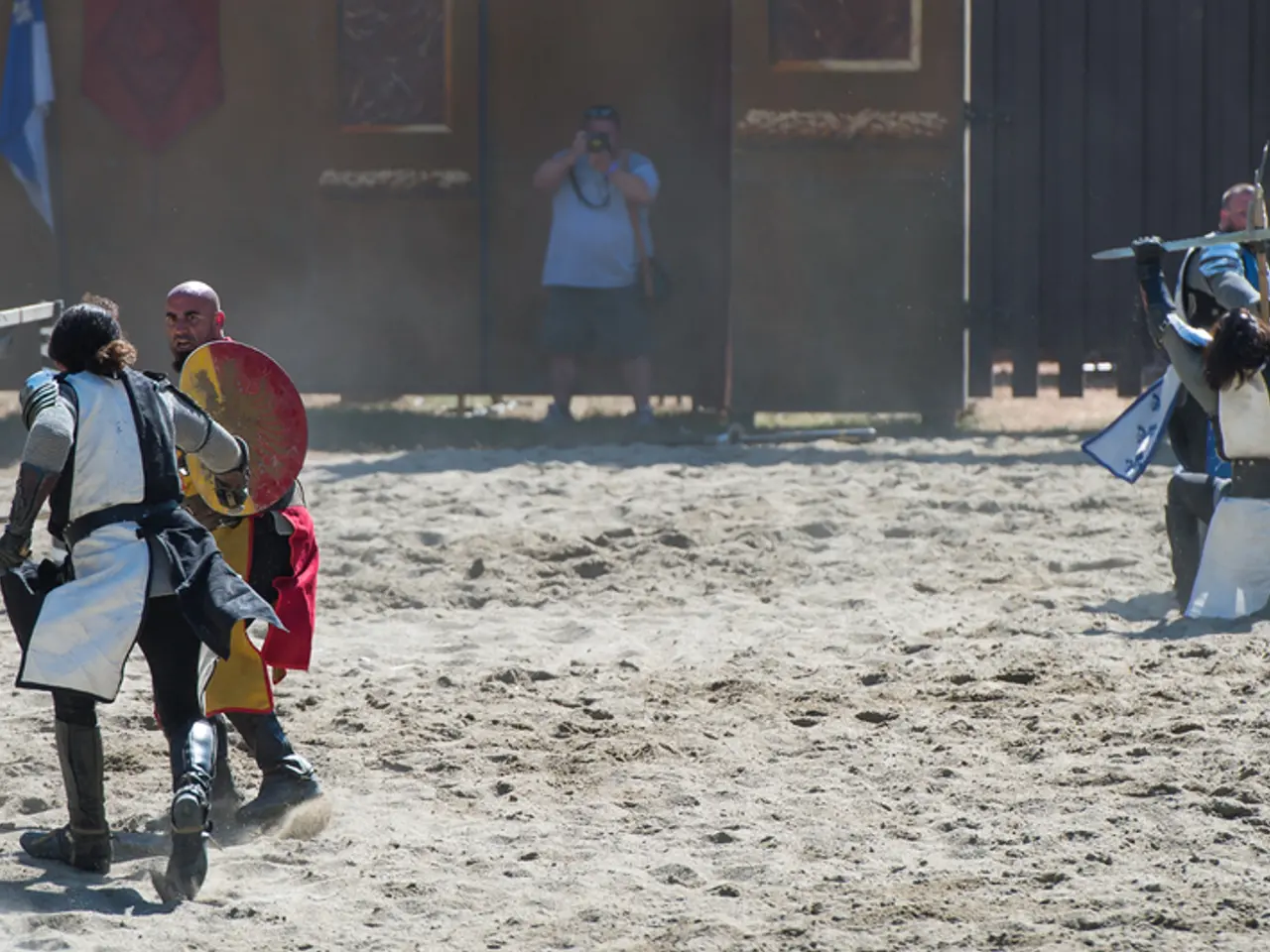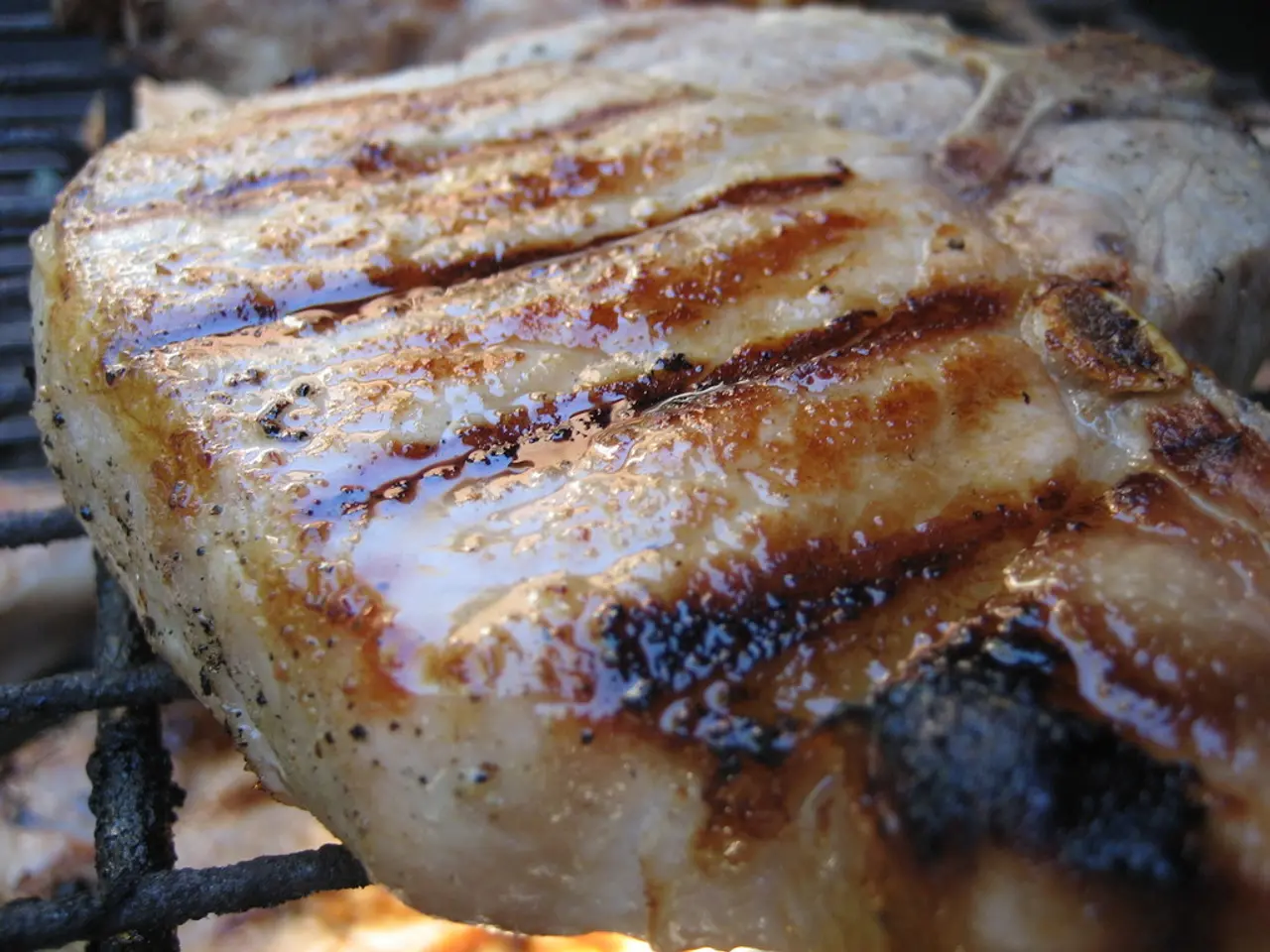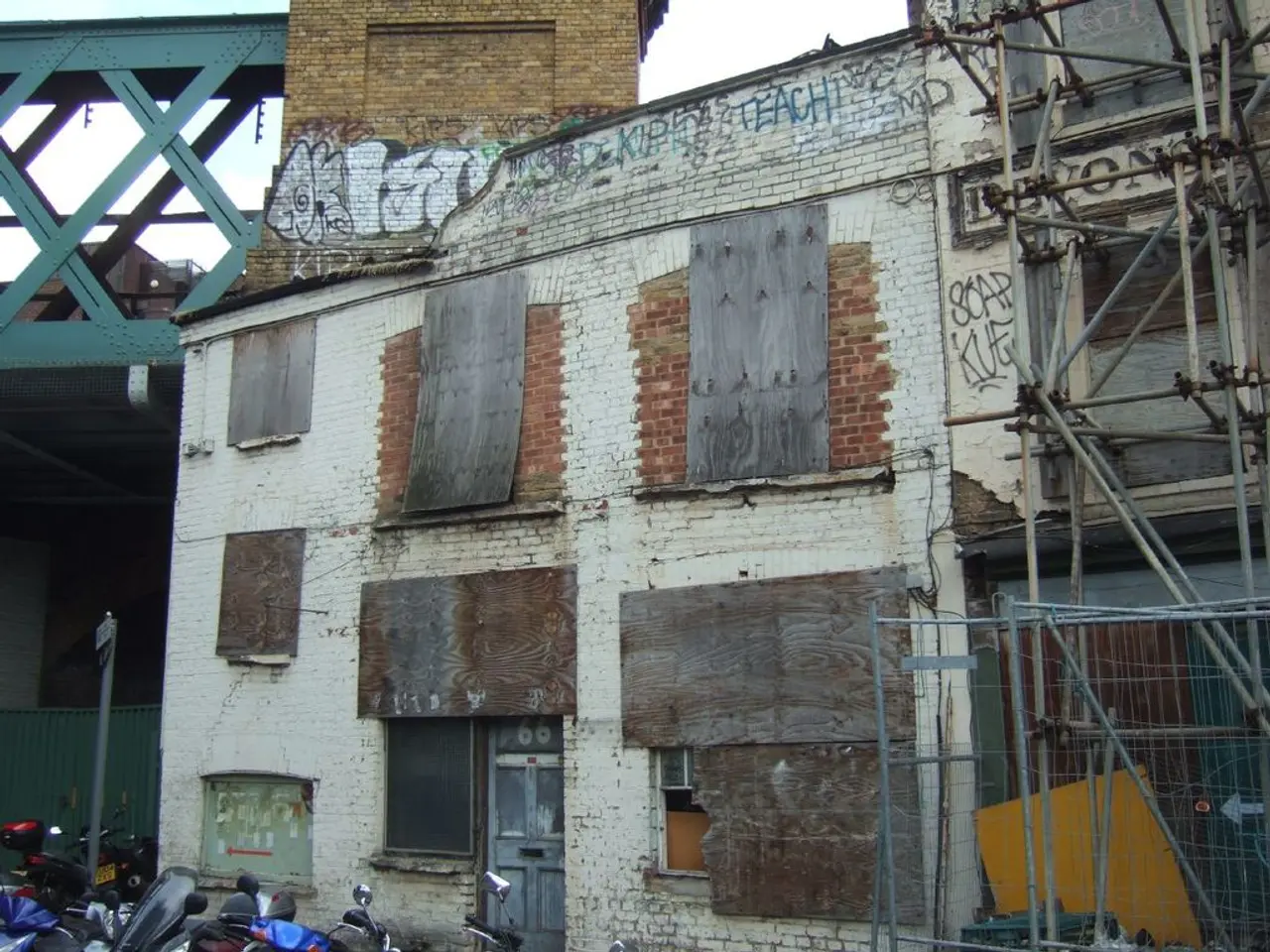Lawsuits Filed by October 7 Victims' Families Against Meta for Terror Livestream Dissemination
In a groundbreaking move, relatives of victims of the October 7, 2023, Hamas attack in Israel have filed a class-action lawsuit against Meta. The suit, seeking over $1 billion (approximately 4 billion Israeli shekels) in damages, alleges that Meta's platforms (Facebook and Instagram) served as an infrastructure that amplified and livestreamed footage of brutal killings, kidnappings, and other atrocities committed by Hamas militants.
The plaintiffs, which include victims of the Hamas massacre, their families, and individuals who were exposed to the disturbing content shared on Meta's platforms, claim that the company failed to promptly block or remove this content, which remained online for hours or even days, despite existing policies against such material.
One of the key plaintiffs, the Idan family, was directly affected by the attack. Their eldest daughter, Maayan, was murdered during the assault, which was broadcast on Facebook. Tragically, Maayan's father, Tsachi, was kidnapped and later murdered while in captivity, his body having been returned in a hostage deal.
The lawsuit, filed at the Tel Aviv District Court, demands 200,000 shekels (~$57,000) for each victim whose suffering was recorded or broadcast on Meta platforms, plus 20,000 shekels (~$5,700) for each Israeli who was exposed to the horrific footage. The plaintiffs argue that by not removing the content in real time, Meta’s platforms effectively became a "pipeline for terror," enabling Hamas to livestream the attack and its violent aftermath, including murders and abductions.
This is the first civil case of its kind in Israel, potentially setting a legal precedent regarding the responsibility of social media companies in moderating live violent content. Meta has responded acknowledging the attacks but declined to comment directly on the legal proceedings, stating they remove content supporting or glorifying Hamas and have dedicated teams to handle such content.
The lawsuit highlights the unprecedented scale and impact of the attack—including nearly 1,200 deaths and over 250 hostages—and positions Meta as a platform that allegedly facilitated harm by allowing violent content to spread during the crisis. The case underscores the need for social media companies to exercise greater vigilance in moderating content, particularly during times of crisis, to prevent the amplification of violence and suffering.
[1] "Israelis Sue Meta Over Hamas Attack Content" - The Jerusalem Post [2] "Class-Action Lawsuit Filed Against Meta Over Hamas Attack" - Haaretz [3] "Meta Faces Lawsuit Over Hamas Attack Content" - The Times of Israel [4] "The Hamas Attack: A Legal Perspective" - The Marker [5] "The Impact of Social Media on the Hamas Attack" - Calcalist
- The class-action lawsuit against Meta, being covered by news outlets such as The Jerusalem Post and Haaretz, contends that social media platforms like Facebook and Instagram became a means for the amplification of violent content during the Hamas attack.
- The lawsuit, discussed in articles like "Class-Action Lawsuit Filed Against Meta Over Hamas Attack" and "Meta Faces Lawsuit Over Hamas Attack Content," highlights the role of social media in war-and-conflicts, particularly in a crisis like the Hamas attack, by allowing distressing content to proliferate.
- The case, reviewed in publications like The Times of Israel and The Marker, links the entertainment and general-news categories with crime-and-justice, as it argues that Meta's platforms served as a platform for terrorist activities, broadcasting footage of brutal killings and kidnappings during the Hamas attack.








